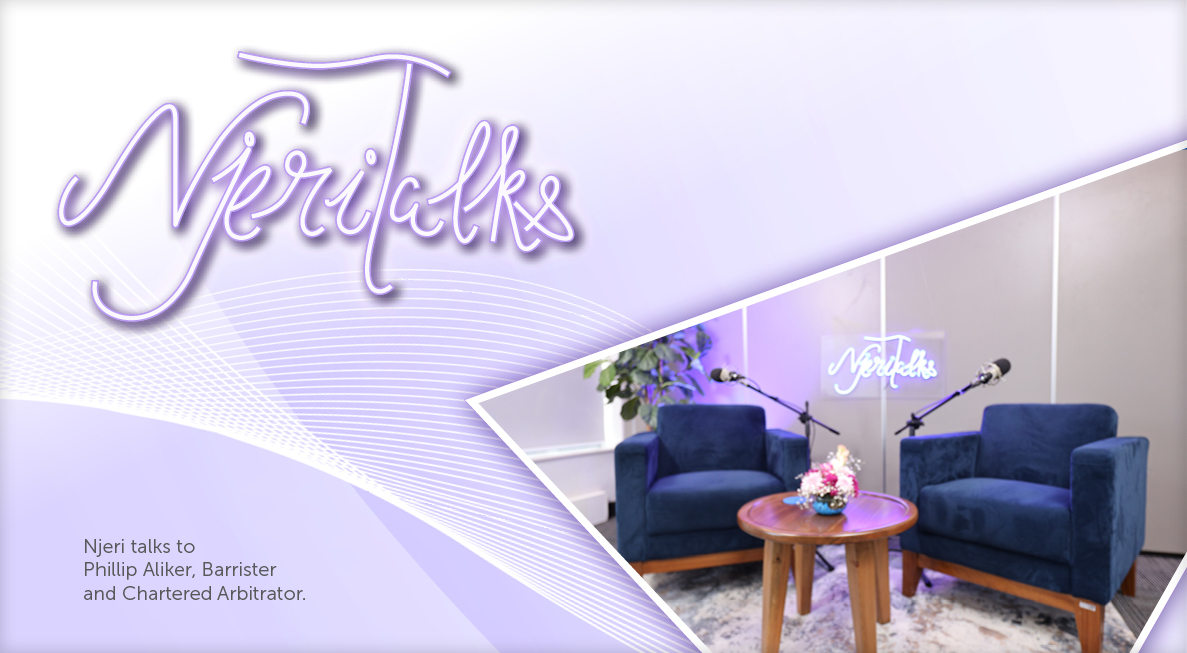User Generated Content and Copyright
Traditionally, software publishers own all the code and content on their platforms, as well as any new content that is created. Consumers have become more tech savvy, and with software applications having expanded their add-ons, it has become complicated to determine whether all modifications and changes to software would in fact revert to the proprietor.
In practice, End User License Agreements (EULA) regulate the relationship between the user and the owner of software. The EULAs of Playstation and Rockstar Games provide that proprietary software may not be reverse engineered, decompiled or modified in any way. If a new in-game character is created on these platforms, the creator would subsequently not have a claim to copyright ownership.
User Generated Content (UGC), which collectively refers to content that users create and make publicly available, has brought to life a new media movement and with it attendant challenges to South Africa’s copyright regime. The Copyright Amendment Bill of 2017 is currently being redrafted and the insertion of the principle of fair use, which emanates from the United States, has created some controversy, especially where it may provide protection for UGC.
This fair use principle allows for the reproduction of copyright protected material, subject to a four-factor test. Two of the factors are that the reproduction of the work will be assessed against criteria of substantiality (the quality and quantity of the work) and the effect of the use upon the potential market (the economic harm that may be suffered). This principle extends beyond South Africa’s fair dealing doctrine, which is limited in nature.
Under the existing Copyright Act, 1978 South Africa’s fair dealing defence provides for certain general exceptions. These are research, private study, personal or private use, criticism, or the review of literary and musical works. Although, the Copyright Act has lagged behind technological advancements, it is a sophisticated piece of legislation, that has created a clear regime, with few instances of copyright litigation since its enactment. The proposed fair use regime under the Copyright Amendment Bill may in fact create more uncertainties in relation to copyright ownership and UGC.
Copyright owners use different strategies to address UGC, not only to protect their valuable intangible assets, in the form of take-down notices, but also to commercially exploit their intellectual property, through advertising revenues.
YouTube has developed a system called ContentID, which assists in identifying possible infringing videos. The copyright owners are then entitled to decide what happens to the content with a Content ID claim, which ranges from blocking, monetising or tracking the video. The Nintendo Creators Program shares advertising revenue with users that upload creative videos which may feature elements of Nintendo’s proprietary copyright.
Adopting a different approach, where Google is of the view that a fair use defence could withstand a take-down notice (in terms of the USA Digital Millenium Copyright Act of 1998), it may provide legal assistance, in an attempt to retain the work on its platform. This is indicative of the conflicts of interest which are likely to arise in the digital realm, as platform owners seek to retain traffic, even in instances where claims of copyright infringement have been raised.
One of the aims of the Copyright Amendment Bill is to protect the creative industry. As South Africa has a nascient creative industry, it is important that the legal framework addresses the challenges with UGC. The American entertainment and media sector is far more advanced, and the fair use principle may not protect South Africa’s emerging creative landscape in the same way. Fair use is not a get–out-of-jail-free card, and users need to be cautious of UGC and potential copyright risks.
The information and material published on this website is provided for general purposes only and does not constitute legal advice. We make every effort to ensure that the content is updated regularly and to offer the most current and accurate information. Please consult one of our lawyers on any specific legal problem or matter. We accept no responsibility for any loss or damage, whether direct or consequential, which may arise from reliance on the information contained in these pages. Please refer to our full terms and conditions. Copyright © 2026 Cliffe Dekker Hofmeyr. All rights reserved. For permission to reproduce an article or publication, please contact us cliffedekkerhofmeyr@cdhlegal.com.
Subscribe
We support our clients’ strategic and operational needs by offering innovative, integrated and high quality thought leadership. To stay up to date on the latest legal developments that may potentially impact your business, subscribe to our alerts, seminar and webinar invitations.
Subscribe



